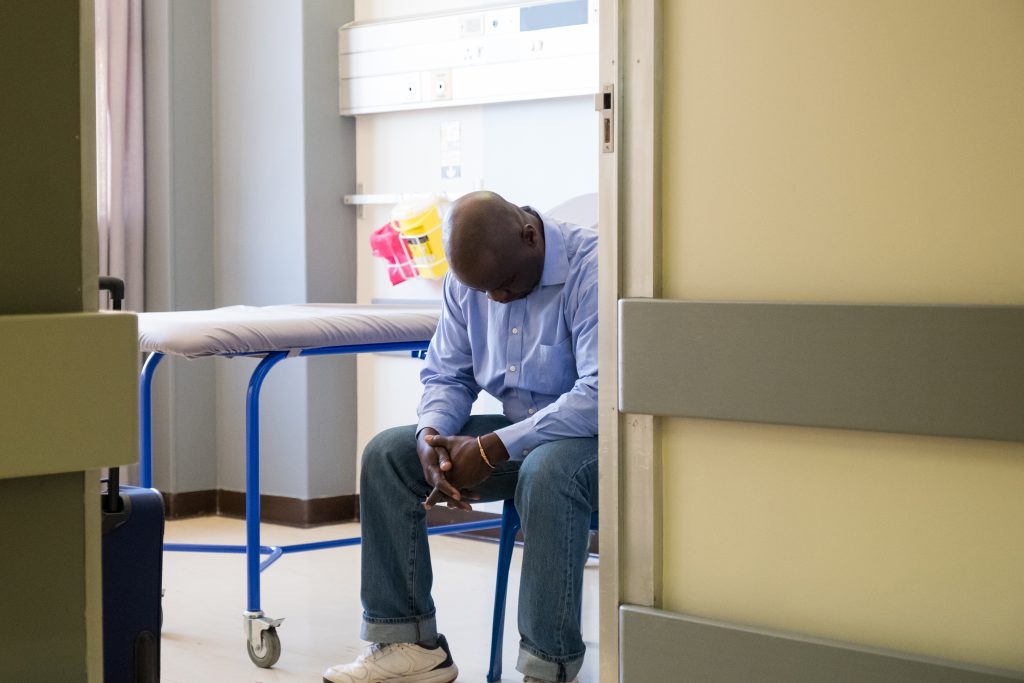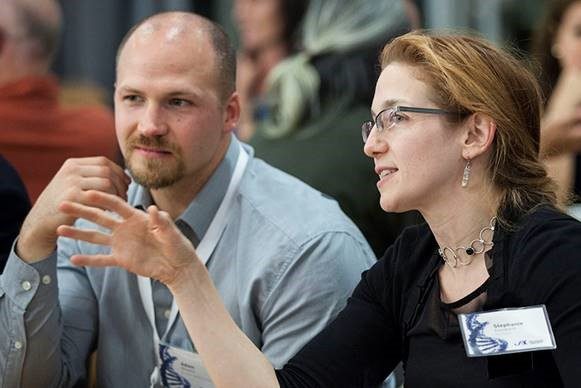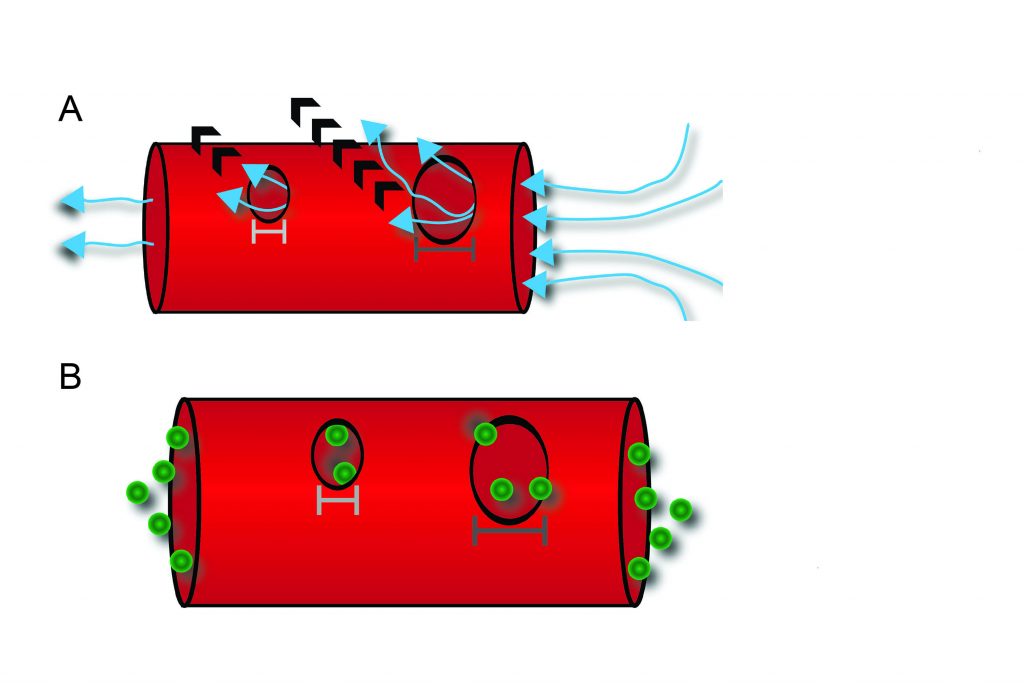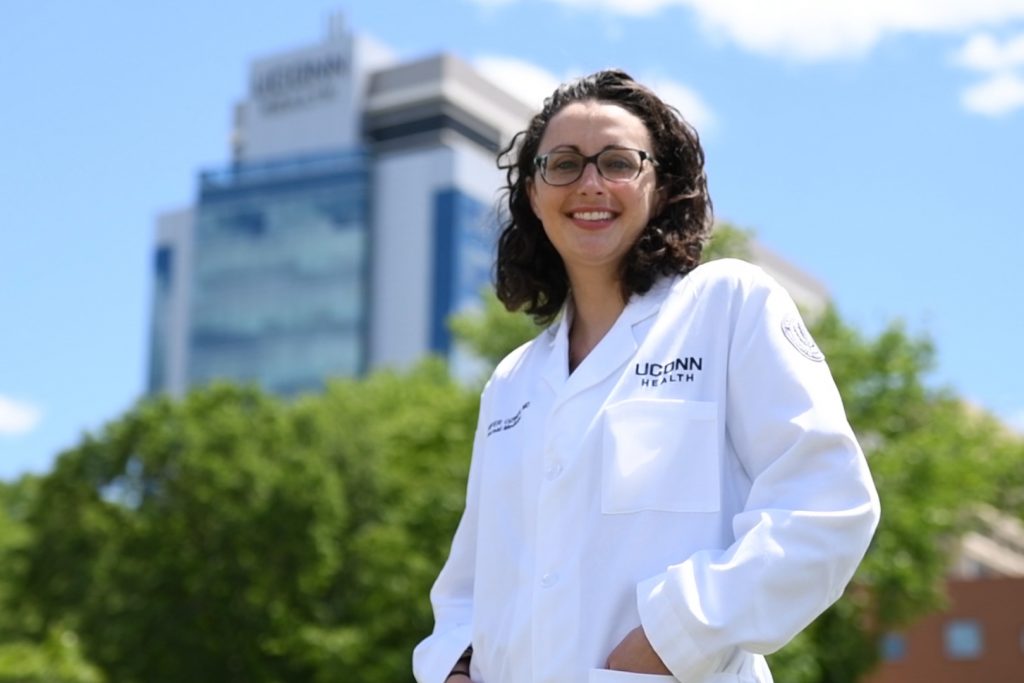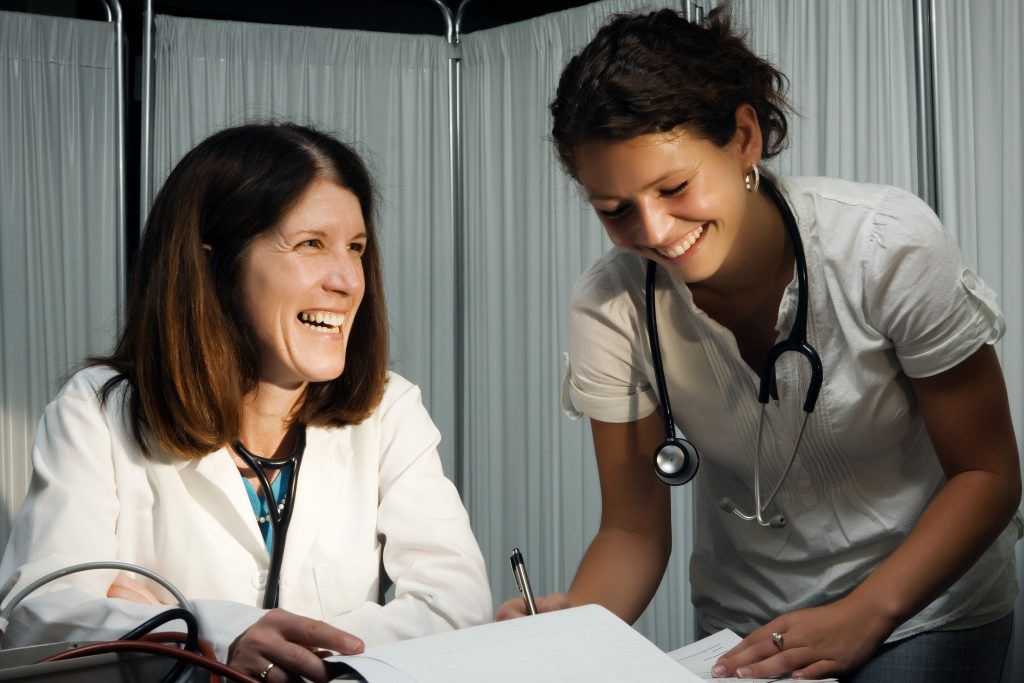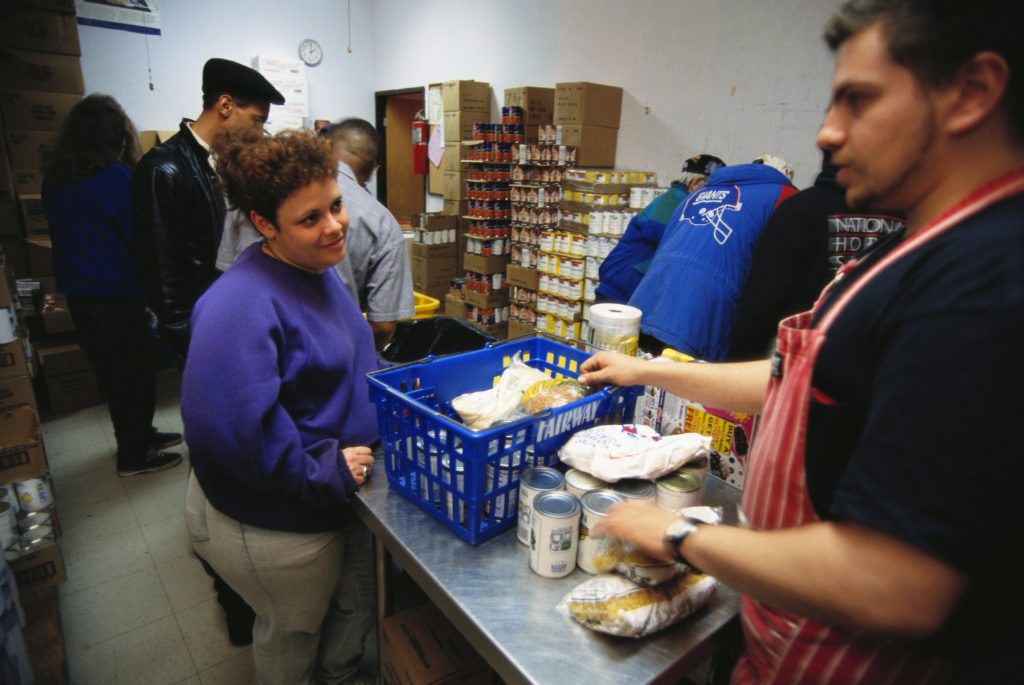Health & Well-Being
Op-ed: To Lower Drug Costs, End Prescription Coupons
A common prescription drug industry practice has the effect of driving up the cost of medication in the U.S., writes C. Michael White, professor of pharmacy practice.
August 8, 2019 | C. Michael White, UConn School of Pharmacy
Medical Mistrust Impacts African American Men’s Preventive Health, But Racism Also Matters
"Delays in preventive health screenings are not just due to lack of health insurance and access to health care. Medical mistrust is a big factor deterring African American men from seeking care,” says Dr. Wizdom Powell of UConn Health.
August 7, 2019 | Lauren Woods
Researchers Find Key Driver Behind Bad Allergies
A new study by UConn Health and Jackson Laboratory points the way to more precise allergy testing as well as identifying new approaches for treating allergies.
August 1, 2019 | Joyce Dall'Acqua Peterson, Jackson Laboratory, and Kim Krieger, UConn
For Men, Weight Stigma Comes with Harmful Health Consequences
Health care providers may want to ask men about weight stigma to help identify those who may be vulnerable to depression or disordered eating behaviors, which are underdiagnosed in men, says the UConn study author.
July 30, 2019 | Kristin Messina, UConn Rudd Center
Common Steroid Could Soften Up Tumors for Chemo
A drug used to alleviate side effects of cancer treatment may also make the treatment more successful if given beforehand, researchers say.
July 16, 2019 | Kim Krieger
Meet Dr. Jennifer Ozimek, Primary Care Physician
Practicing medicine at UConn Health is a dream come true for Dr. Ozimek. She set her sights on UConn while attending a clinical career day here in high school.
July 9, 2019 | Frank Barton, UConn Health
Study: More Pharma Money, More Gabapentin
Gabapentin manufacturers paid physicians – mostly pain doctors and general practitioners – $11.5 million between 2014 and 2016, according to UConn research.
July 8, 2019 | Kim Krieger
Controlling Weeds on Playing Fields, Parks and Lawns Without Herbicides
Aggressively overseeding – applying grass seed over an existing field at high rates – is the most effective way to significantly reduce weeds on sports fields, writes Jason Henderson, associate professor.
July 1, 2019 | Jason Henderson, College of Agriculture, Health, and Natural Resources
Blood Pressure Self-Monitoring Helps Get Patients with Hypertension Moving, Study Says
The researchers say blood pressure self-monitoring is an effective behavioral strategy to help patients with hypertension stick with an exercise program.
July 1, 2019 | Jaclyn Severance
Food Insecurity Leading to Type 2 Diabetes
Compared with food secure individuals, food insecure individuals had significantly higher insulin resistance, insulin, glucose, stress hormones, inflammation, and total cholesterol.
June 26, 2019 | Lauren Woods

